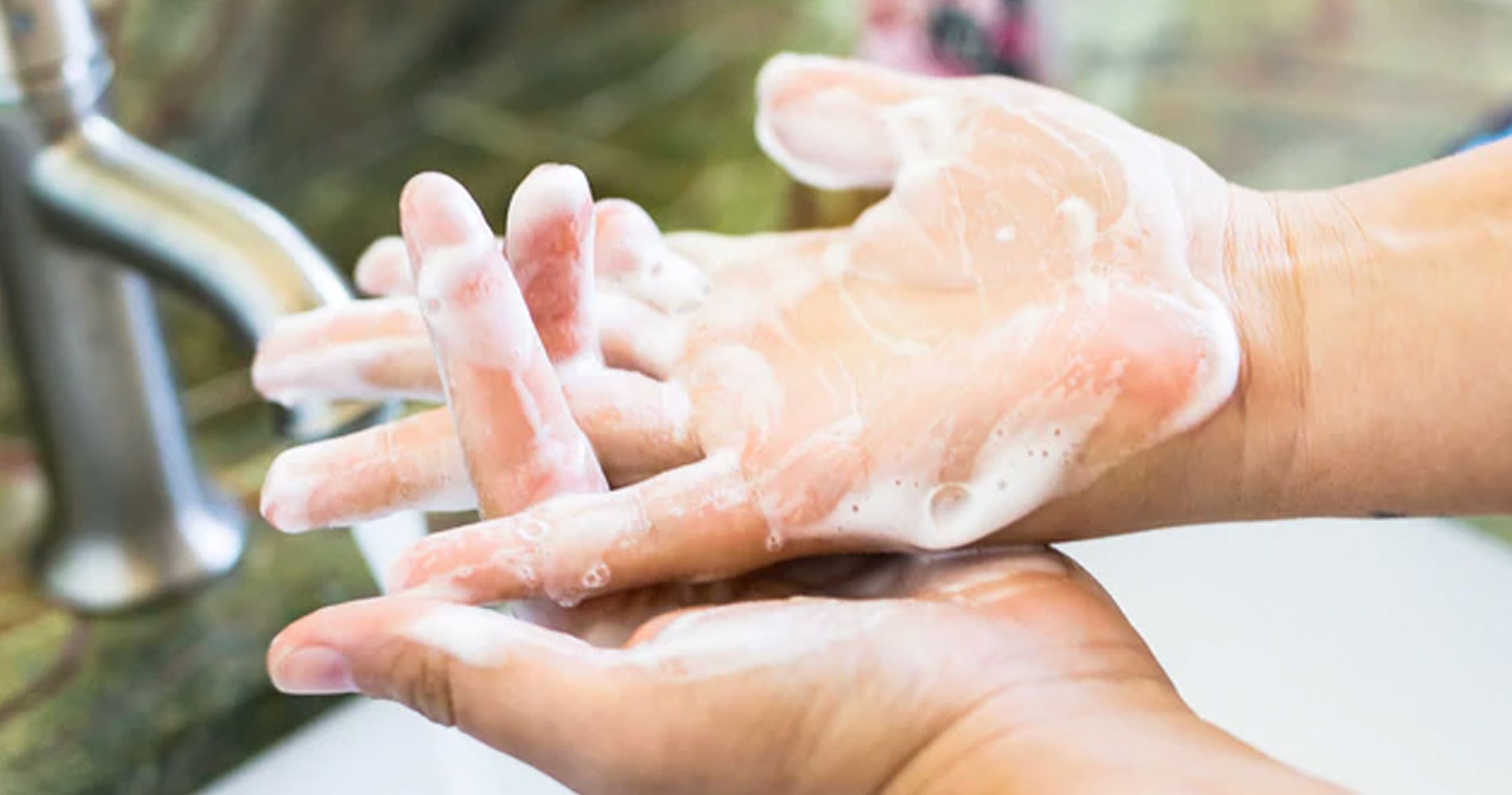You’ve likely noticed the increased media coverage surrounding the spread of the coronavirus (COVID-19). It’s understandable to have questions regarding how this outbreak could impact your medical supplies.
At Family Medical Supply, our customers and their health remain our top priority. If you rely on us for your catheter, diabetic, and incontinence supplies, we take that responsibility seriously. First, we want to assure you that we’re keeping a close eye on the outbreak, and we have plans in place in case the situation worsens. We also believe it’s a good idea to be prepared so we’re addressing a few questions you may have surrounding the coronavirus and your medical supplies.
Will my supplies through Family Medical Supply stop because of the Coronavirus?
We are not experiencing any disruptions in supplies or services at this time. The same great service and high-quality catheter, diabetic, and incontinence products you’ve come to depend on from Family Medical Supply should continue as normal.
However, with the current situation of PPE products such as gloves being provided to frontline works first, they may be unavailable at this time. We’ve established contingency plans in case this outbreak escalates. Ultimately, making sure you continue to receive your regular orders is our goal.
We will continue to keep you updated if the situation changes. We will continue keeping close contact with the manufacturers of the brands you know and use. Because of this, we will be able to offer potential backup supply options in case of any unexpected disruption to the supply chain.
Family Medical Supply’s goal is to make sure you continue receiving your regular orders without interruption!
Family Medical Supply’s goal is to make sure you continue receiving your regular orders without interruption!

What safety precautions are Family Medical Supply taking?
Currently, our normal business hours have not changed and we are fully able to serve our dropship customers, however if you need a fitting for compression socks, we have temporarily suspended fittings at this time.
Researchers are still learning about this virus and how it transmits. However, the CDC states that the virus appears to have poor survivability rates on surfaces such as paper and cardboard. Furthermore, they state that no evidence exists right now to support the transmission of the coronavirus through shipped products.
We’re doing all we can to make sure our employees and customers stay safe.
Could my supplies be contaminated with the coronavirus?
The latest information we’ve received indicates that COVID-19 cannot survive for long outside of a host’s body. The medical supplies that you receive from Family Medical Supply should not be able to actively carry any virus, although it may be a good idea to practice proper hand hygiene like handwashing or using a hand sanitizer after handling a package from outside your home.
If you receive catheter supplies, please note that all catheters are sterilized. Therefore, your catheter products should not be contaminated.

Should I have an emergency back-up of medical supplies on hand?
Family Medical Supply always aims to make sure you have just the right amount of your catheter, diabetic, and incontinence supplies at home between shipments. Because we follow insurance guidelines strictly, we may not be able to provide you with an emergency back-up supply. This may depend on the type and amount of supplies you receive, your prescription and doctor’s notes, and your insurance plan’s guidelines.
If you prefer not to rely on your insurance coverage and want to buy an emergency back-up supply, you have options. Call us direct for prices in purchasing intermittent catheters, diabetic supplies, adult diapers, disposable underwear, underpads, gloves, antiseptic wipes, and more.
What can I do to reduce the risk of contaminating my supplies?
We understand that if you go to school, work, or travel anywhere in public, chances are, you’ll have to use a shared or public restroom at some point. Just as you must practice healthy hand hygiene at all times, it’s a good idea to also practice hygiene when it comes to using and handling your catheters as well as your incontinence and diabetic supplies.
1. Regularly disinfect surfaces at home and/or work.
To reduce the risk of contamination, you may want to use a disinfectant spray or wipes regularly. Focus attention on places that are regularly touched throughout the day such as doorknobs, countertops, computer keyboards, and even the handle to flush your toilet.
You may also want to wipe down your belongings, such as your keys and cell phone, as well as any bags, boxes, lockers, or other places you may store your medical supplies.
2. Keep your medical supplies inside their packaging until you’re ready to use them.
Especially in the case of sterile intermittent catheters, always keep them inside their sterile packaging until it’s time to use them. Some people prefer to use the sterile underpad included with their catheter insertion kit to lay their supplies on when in public restrooms. Others use clean paper towels or a towel from home.
Either way, make sure your supplies never touch public floors, countertops, or other places where germs could be.
3. Always be sure to have clean hands before and after using your medical supplies.
Above all, keeping your hands clean is a high priority. Proper hand hygiene may help reduce the risk of contamination. Follow the CDC’s recommendations and wash your hands with soap and water for at least 20 seconds. When soap and water are not available, use an alcohol-based hand sanitizer that is at least 60% alcohol.

The CDC recommends washing your hands regularly with soap and water.
During this time, many health experts recommend not to shake hands with others. Also, you should try to avoid touching your own eyes, nose, and mouth.
Again, many catheter insertion supply kits contain a pair of ambidextrous gloves, which you can use to keep your supplies clean or sterile. Also, you can contact Family Medical Supply to see if your insurance will cover additional accessories such as gloves or wipes.

